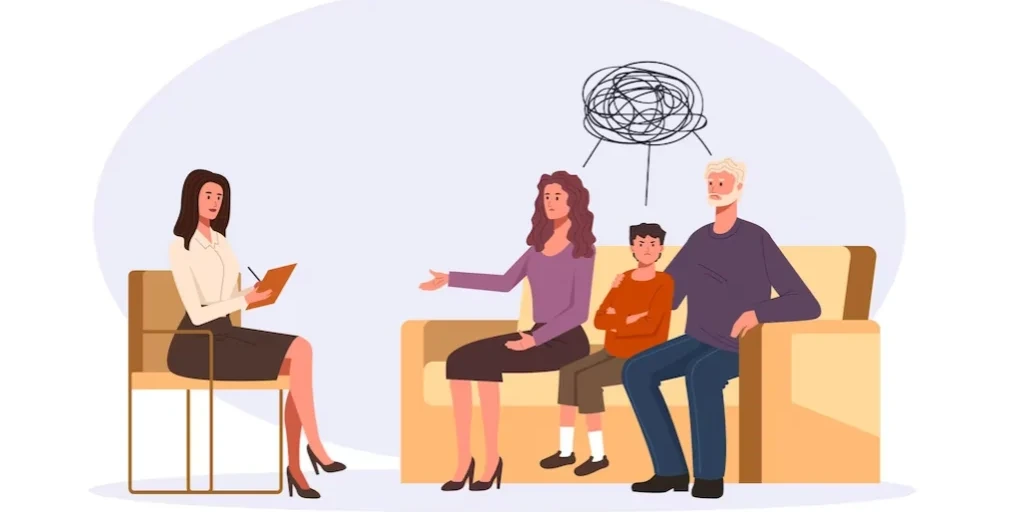24/7 Helpline:
(866) 899-111424/7 Helpline:
(866) 899-1114
Learn more about Schizophrenia Treatment centers in Tiro
Schizophrenia Treatment in Other Cities

Other Insurance Options

American Behavioral

Self-pay options

Molina Healthcare

Oxford

Group Health Incorporated

Evernorth

EmblemHealth

UMR

CareSource

Magellan

Ambetter

Regence

Highmark

MVP Healthcare

Magellan Health

Access to Recovery (ATR) Voucher

BHS | Behavioral Health Systems

Optima

Health Net

MHNNet Behavioral Health


























